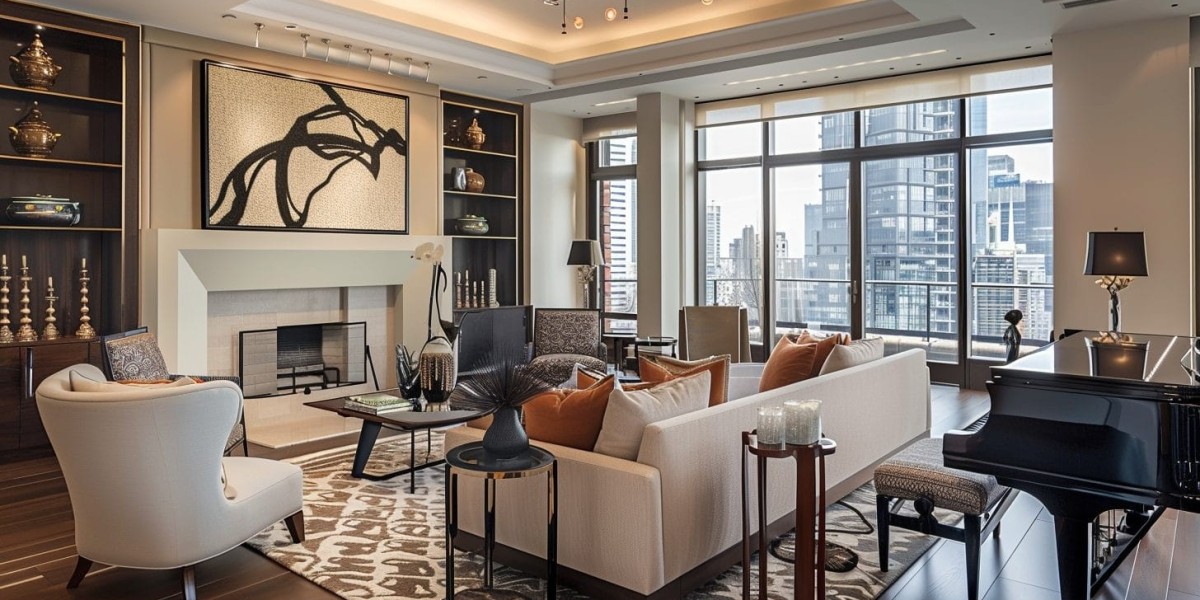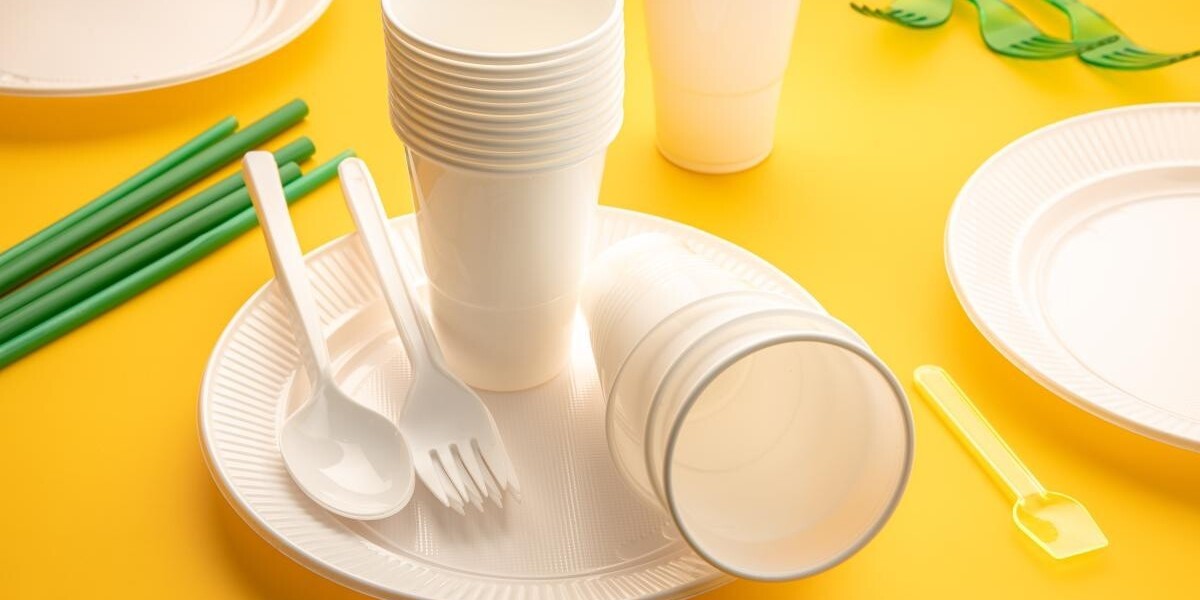Interior Design is the art and science of enhancing spaces to make them functional, aesthetically pleasing, and reflective of the individuals who use them. From homes and offices to retail spaces and restaurants, good interior design transforms ordinary rooms into extraordinary experiences.
The Purpose of Interior Design
Interior design isn’t just about decoration; it’s about problem-solving. Designers consider the purpose of a space, its users, and its potential to create environments that are both beautiful and practical.
Core Principles of Interior Design
Functionality
A well-designed space meets the needs of its users. Furniture placement, traffic flow, and storage solutions are all carefully planned to enhance usability.Aesthetic Harmony
Design elements like color, texture, and form work together to create a cohesive look. Achieving balance, proportion, and contrast ensures visual appeal.Personalization
The best interior designs reflect the personality of the occupants. Incorporating unique features, personal mementos, or custom touches makes a space truly special.
Popular Interior Design Styles
Modern
Characterized by clean lines, neutral tones, and minimalist furniture, modern interior design emphasizes simplicity and functionality.Traditional
Rich textures, warm colors, and elegant furniture define traditional interiors. This style often incorporates classic elements like crown moldings and ornate patterns.Industrial
Exposed brick walls, raw materials, and metal accents give industrial design its edgy and contemporary vibe.Scandinavian
Inspired by Nordic simplicity, this style features light colors, natural materials, and a focus on comfort and functionality.Bohemian
Eclectic and vibrant, bohemian design mixes patterns, colors, and textures to create a relaxed and artistic atmosphere.
Essential Elements of Interior Design
Color Scheme
Color sets the tone of a space. Neutral palettes provide versatility, while bold colors create focal points and energize a room.Lighting
Layered lighting enhances both functionality and ambiance. Combine ambient (general), task (focused), and accent (decorative) lighting for a balanced effect.Furniture and Layout
Choosing the right furniture and arranging it to maximize space is crucial. Consider comfort, scale, and alignment with the room's purpose.Textures and Materials
Mixing textures—like wood, metal, glass, and fabric—adds depth and visual interest to interiors.Accessories
Rugs, artwork, throw pillows, and plants add character and complete the design. These elements allow for flexibility in refreshing the look of a space.
The Role of Technology in Interior Design
Smart technology is transforming interior design. From automated lighting and temperature control to virtual reality tools that allow clients to visualize spaces before they’re built, tech innovations are enhancing both the design process and the final results.
Sustainable Interior Design
Eco-friendly materials, energy-efficient lighting, and upcycled furniture are trends in sustainable interior design. Incorporating these elements reduces environmental impact while maintaining style.
DIY vs. Professional Interior Design
While DIY interior design can be fun and cost-effective, hiring a professional ensures expertise in space planning, material selection, and design execution. Professionals also have access to exclusive resources and can manage projects efficiently.
Final Thoughts
Interior design is more than making a space look good; it’s about creating environments that inspire, function seamlessly, and feel like home. Whether you prefer sleek modern designs or cozy traditional spaces, the possibilities in interior design are endless.



